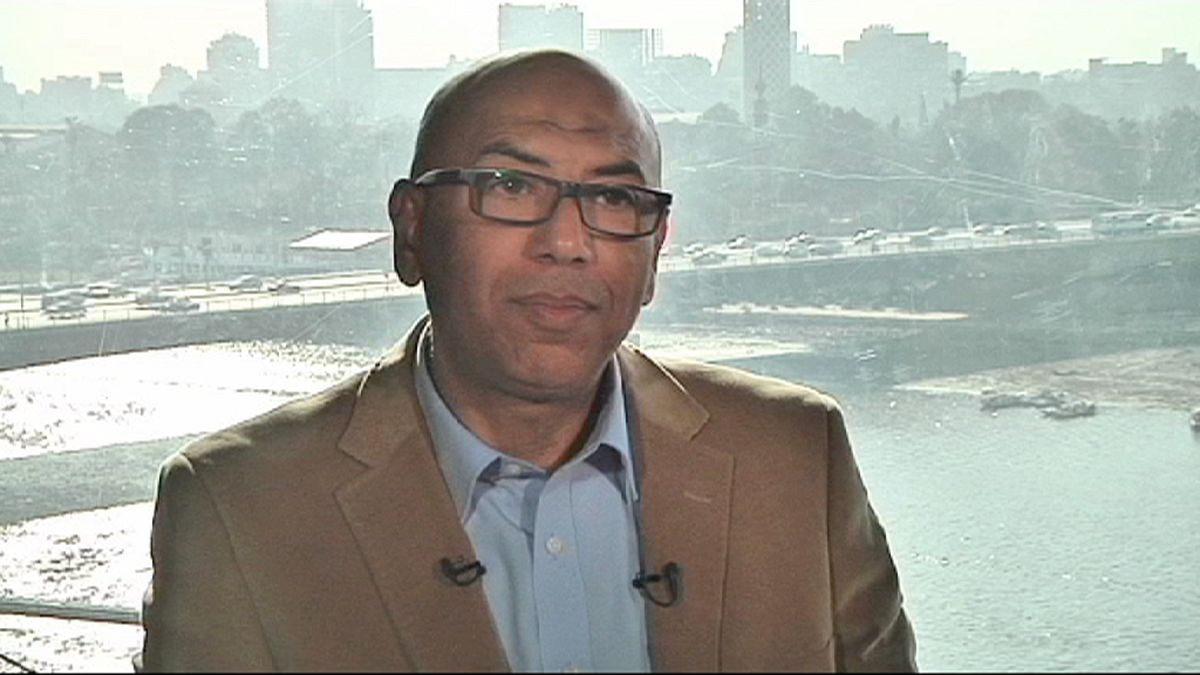Egypt’s violence has gone from bad to worse in the run-up to the constitutional referendum scheduled for the middle of January, and ahead of legislative elections foreseen within six months. On Sunday, in Anchas, came the second bomb attack on a military building in the Nile Delta area in the space of less than a week.
The air is also filled with tension at the University of Azhar, where students have been standing off against police since Friday, bringing at least six deaths. The institution is a rallying point for Sunni study, and as such is a magnet for opposition supporters of the Muslim Brotherhood.
The attack on a police compound in Mansoura on December 24 left 16 dead. Yet it marked a turning point. Until that moment, since the army had ousted the Brotherhood’s man in the presidency – Mohammed Mursi – and took over government, the two sides had condemned each other. Now, the Brotherhood condemned the attack, which a Sinai-based jihadist group said it had carried out.
The Ansar Bayt al-Maqdis claims inspiration from Al Qaeda. The government, however, held the Brotherhood responsible. On December 25, it put their organisation on its terrorist blacklist.
This means that hundreds of thousands of the blacklisted members risk prison if they demonstrate or if they are discovered in possession of written material or other recordings relating to the Brotherhood. Many were not put off by it; they went ahead anyway and protested peacefully on the 27th, in Alexandria.
From our Cairo correspondent Mohammed Shaikhibrahim: “After the government’s security directorate in Mansoura – in the northern Nile Delta – was directly targeted in a bomb attack, which followed the official announcement classifying the Muslim Brotherhood as a terrorist organisation, we discuss the circumstances and implications with security expert Khaled Okasha. What evidence leads the Egyptian authorities to suspect that the group ‘Ansar Beit Al-Maqdis’ carried out the attack?”
Khaled Okasha: “Ansar Beit Al-Maqdis is one of what we call the second generation al-Qaeda terrorist organisations. It is a small group formed from groups that came out of the revolution of January 25, 2011, specifically in the Sinai region. As for the evidence that they were involved in the blast: there are techniques and methods that have been studied in this attack, and the results are almost identical – dramatically – with those associated with Ansar Beit Al-Maqdis, and the group has already said it was their work.”
euronews: “What is the link between this group and the Muslim Brotherhood?”
Okasha: “This group and the Muslim Brotherhood opened lines of communication in the Sinai region. They are trying to use them as armed terrorists to apply real pressure there, and to politically blackmail the military council to influence the transition phase through these operations.”
euronews: “How is Egypt affected by the announcement of the Muslim Brotherhood as a terrorist organisation?”
Okasha: “Starting from now, the Muslim Brotherhood will suffer from restrictions of the freedom they were given previously, restrictions on movement and security crackdowns. For instance, last Friday, for the first time, 256 members of the Muslim Brotherhood were arrested, including 40 women, while demonstrating in the streets. Those who were arrested will be tried swiftly under Article 86, and even Article 89 of the Penal Code, which carries penalties for terrorist crimes – severe penalties – as much as three-to-five years in prison for participating in demonstrations, and perhaps even the death penalty.”
euronews: “Do you think that the Egyptian government acted too hastily in declaring the Muslim Brotherhood a terrorist organisation?”
Okasha: “The government decision that the Brotherhood is a terrorist group was taken hastily and with a lack of objectivity, in every way. I also think that it was the worst timing for the Egyptian security forces.”
